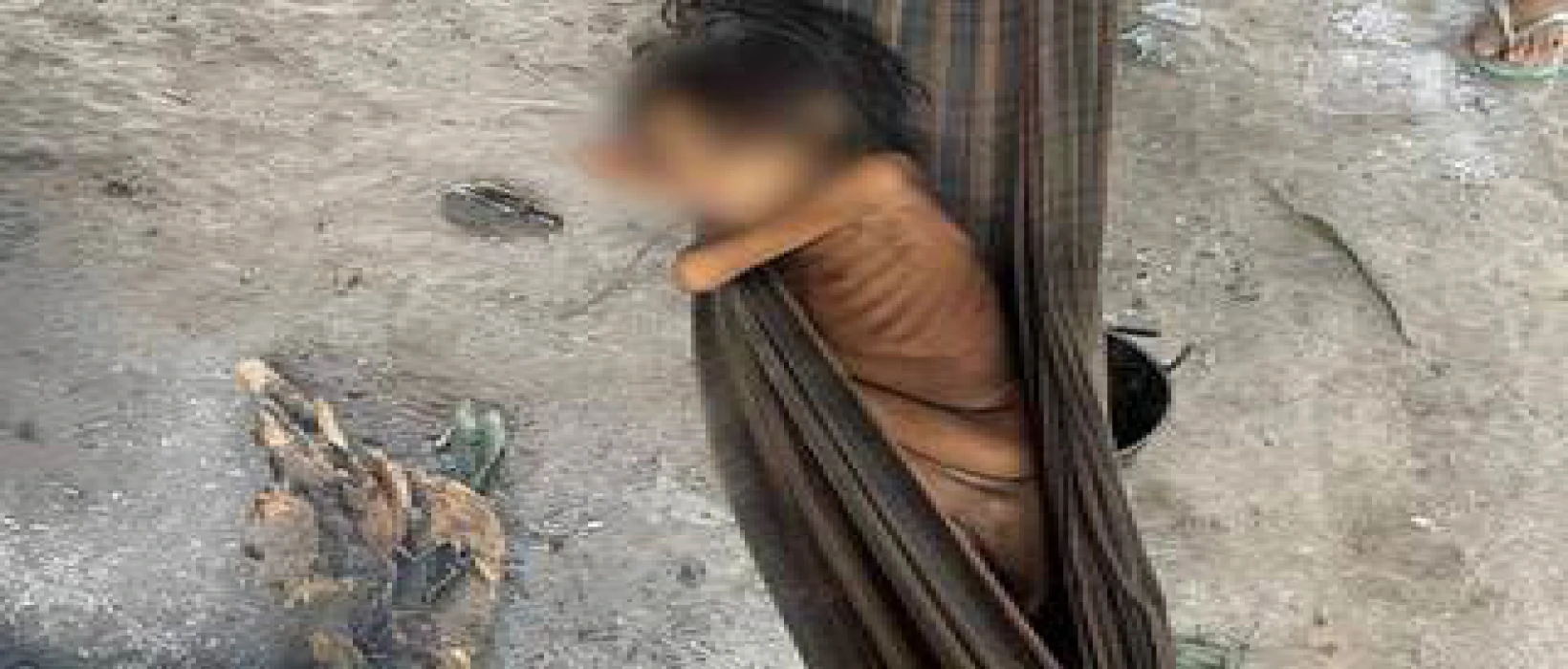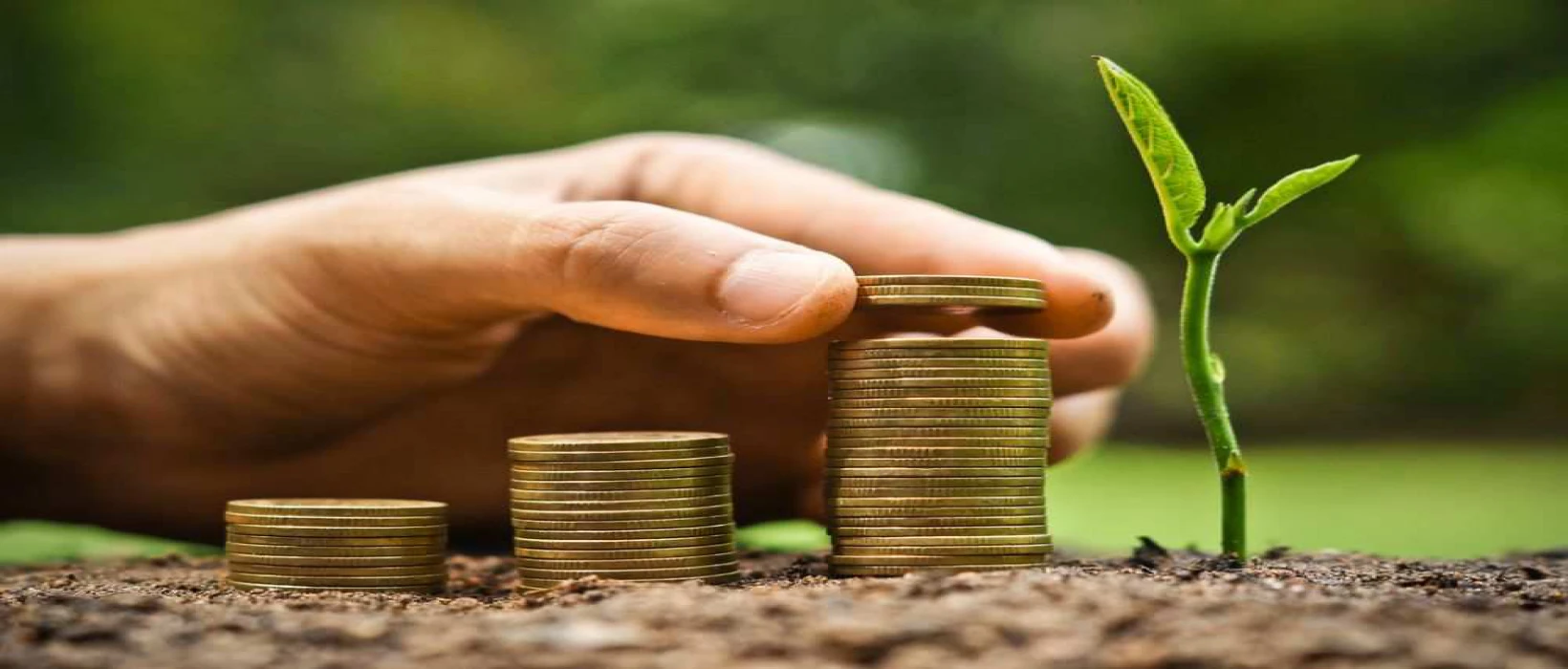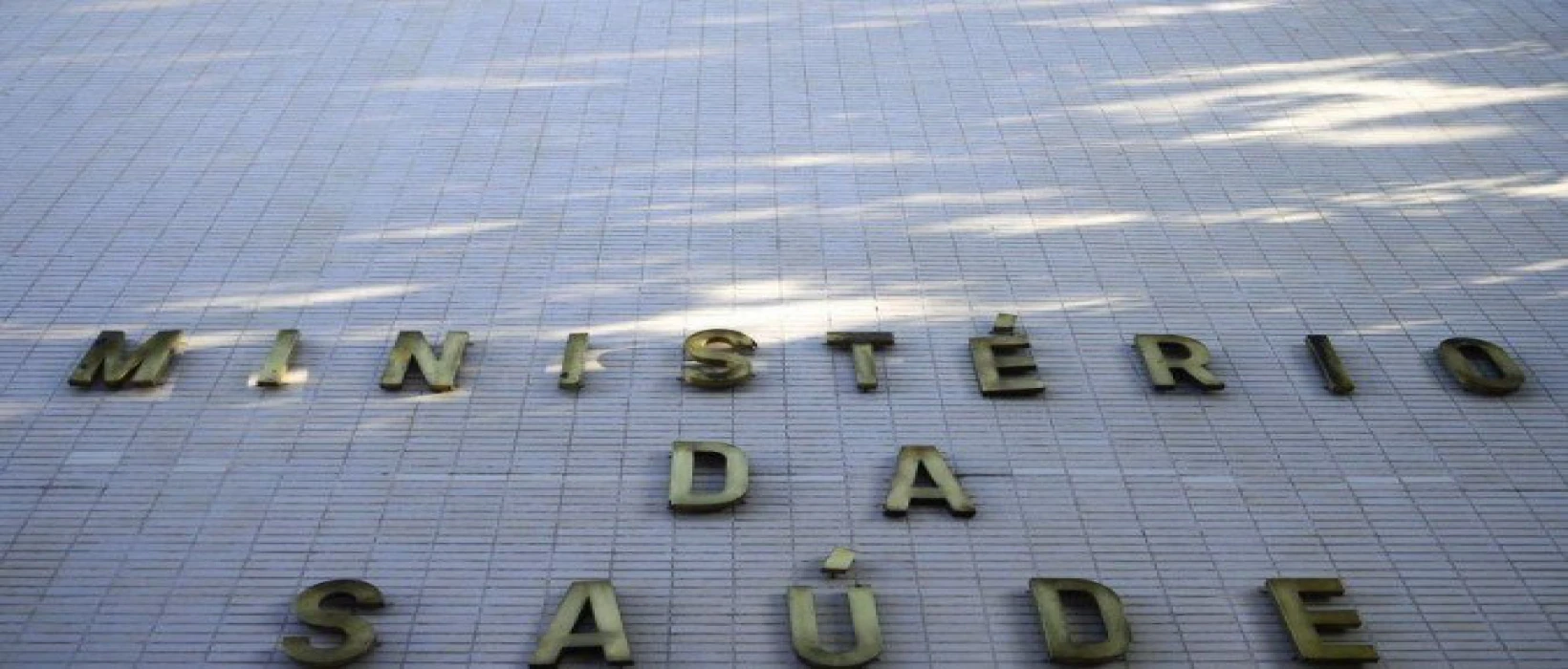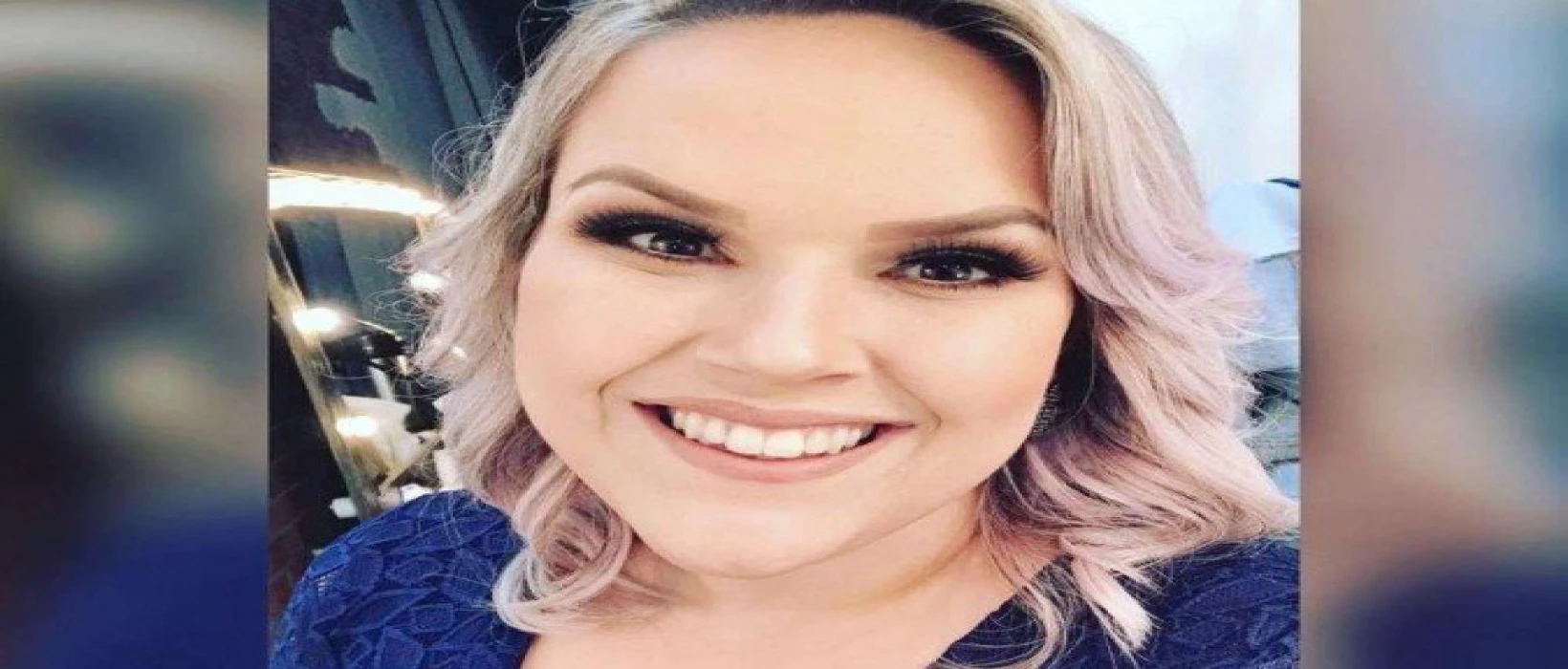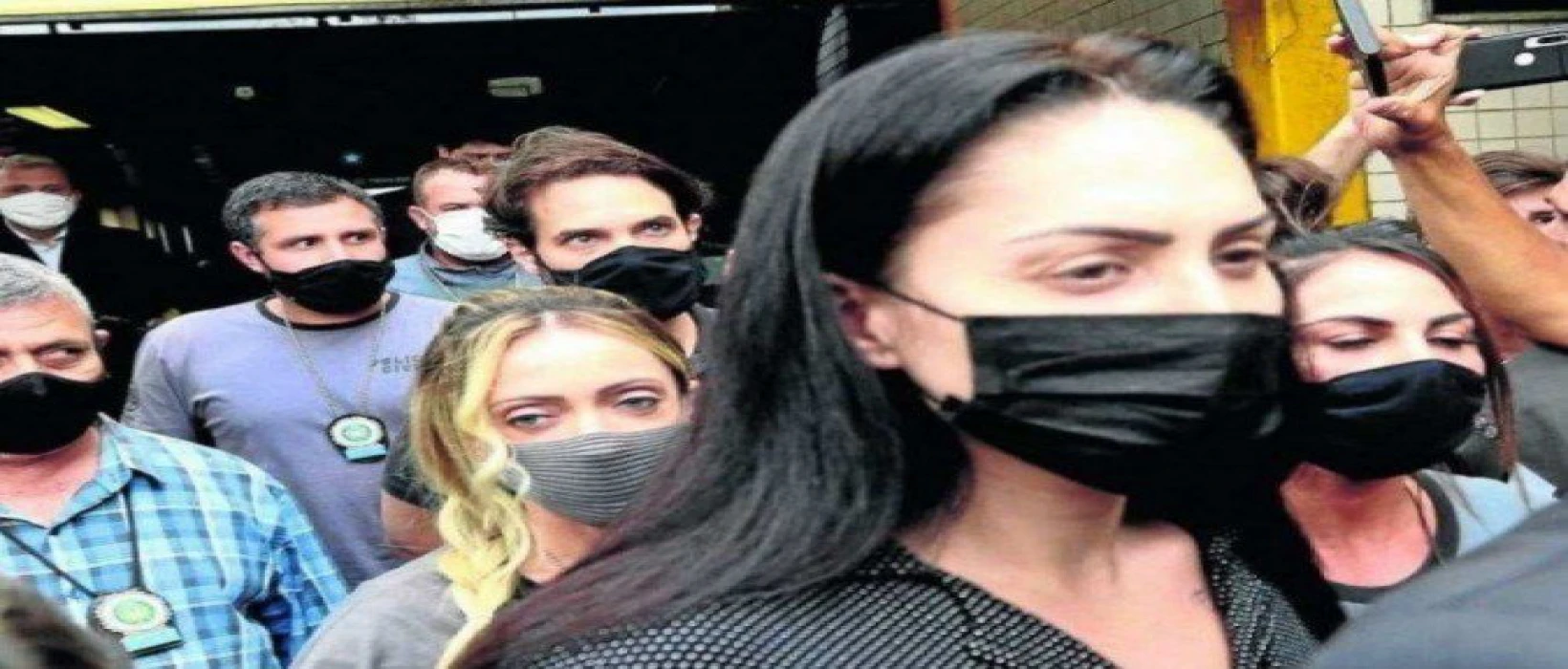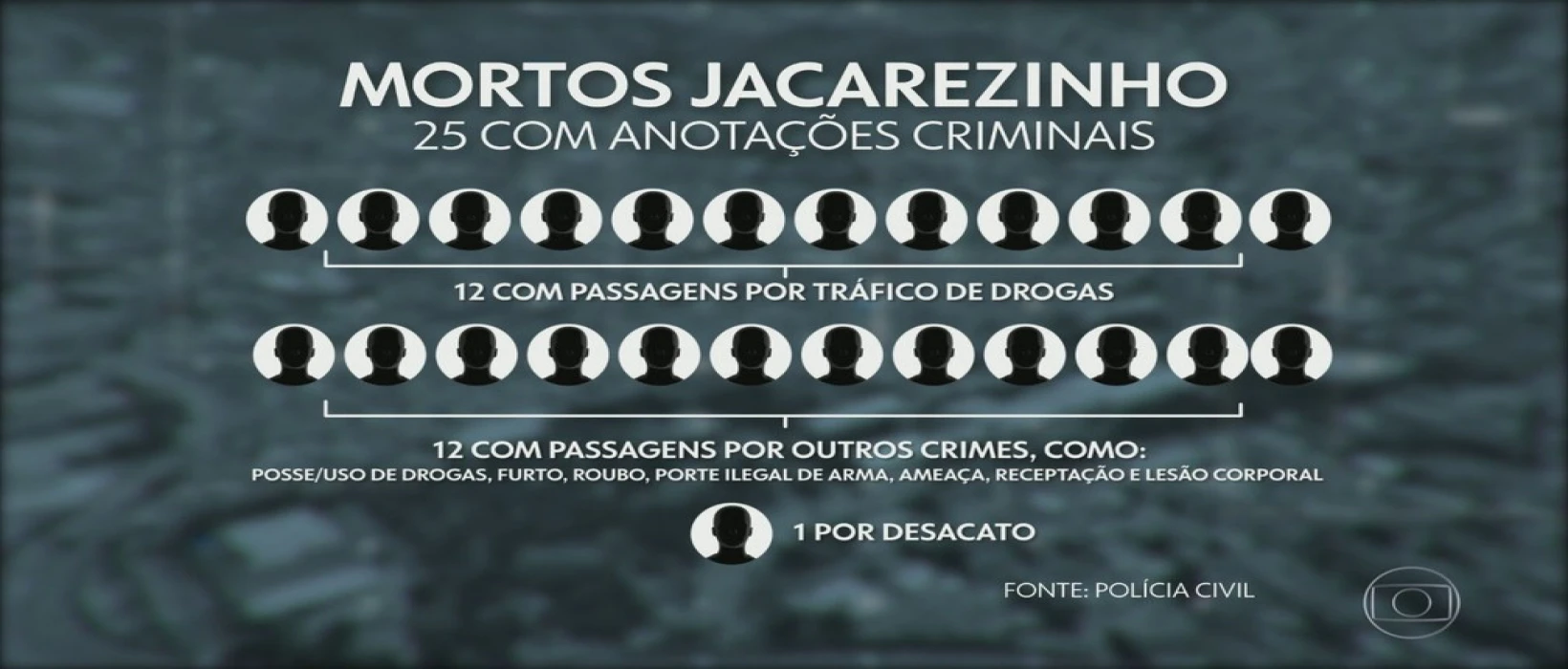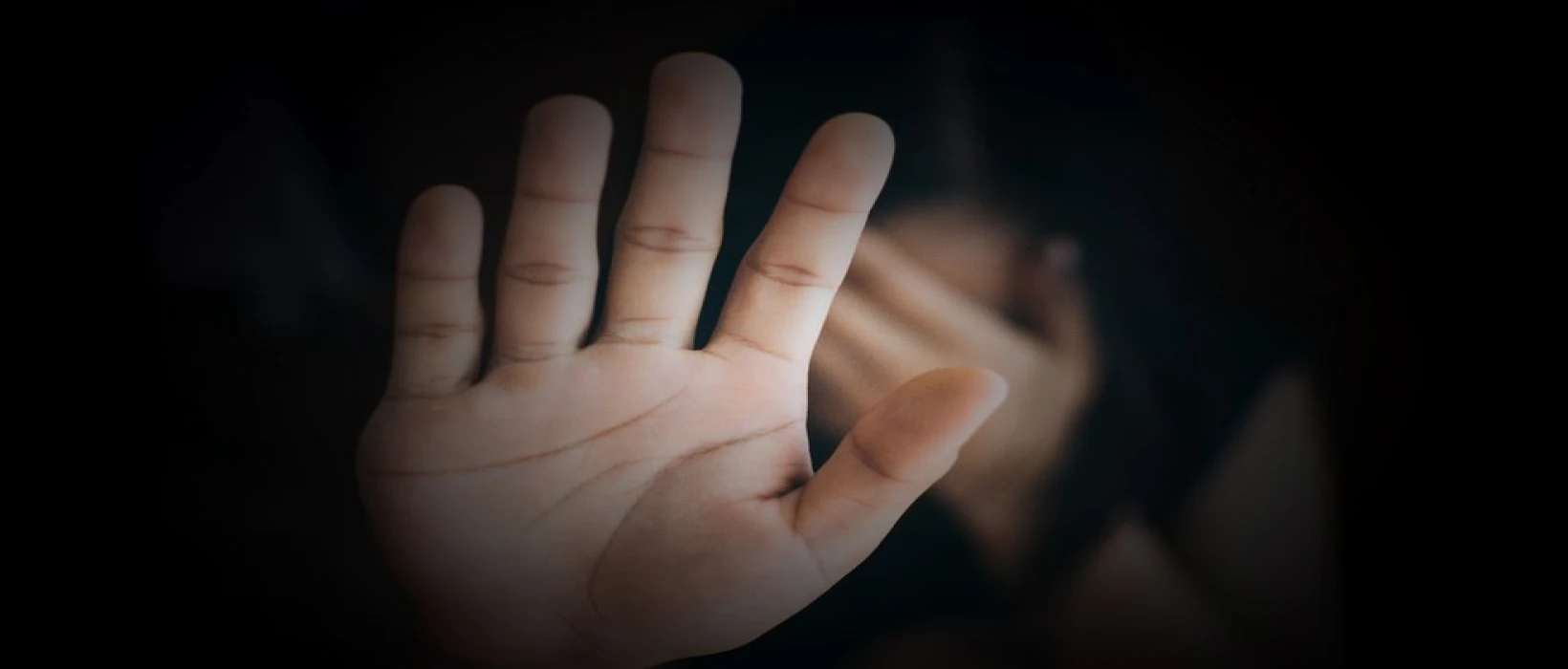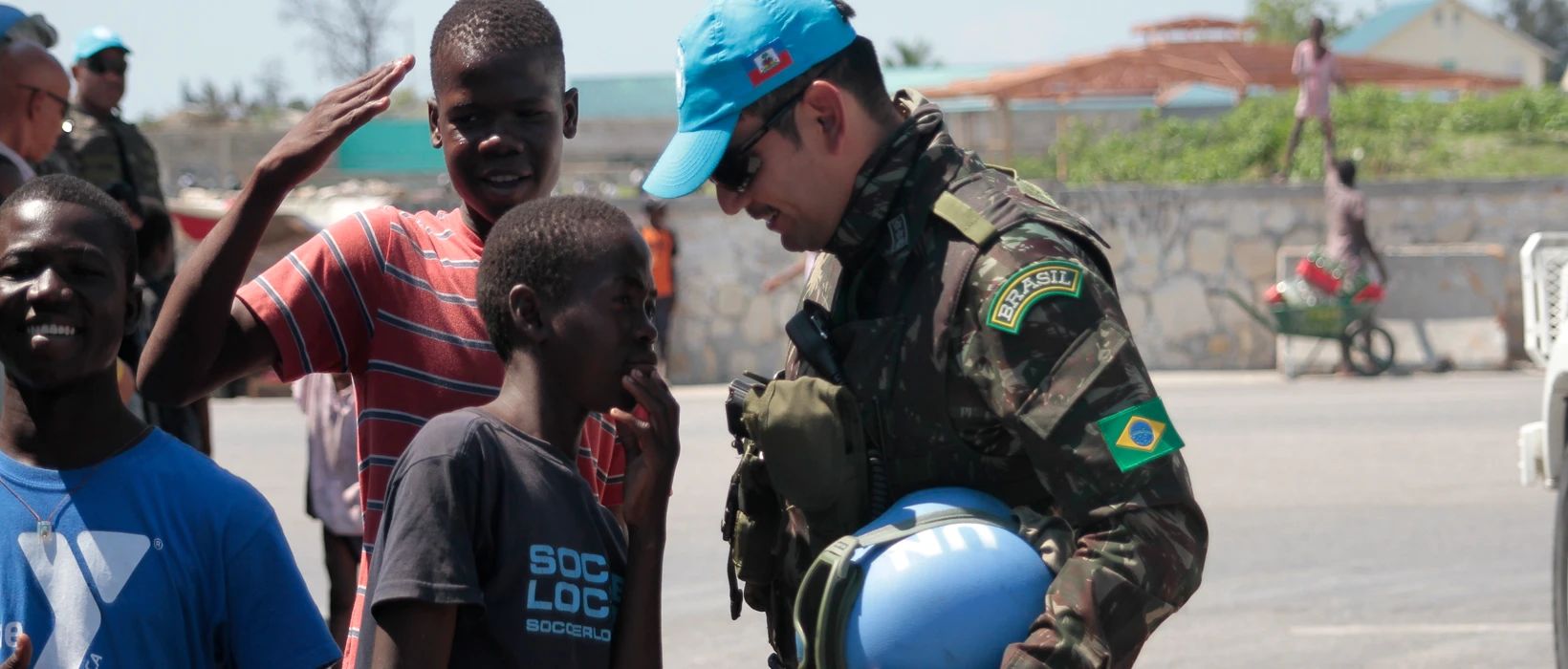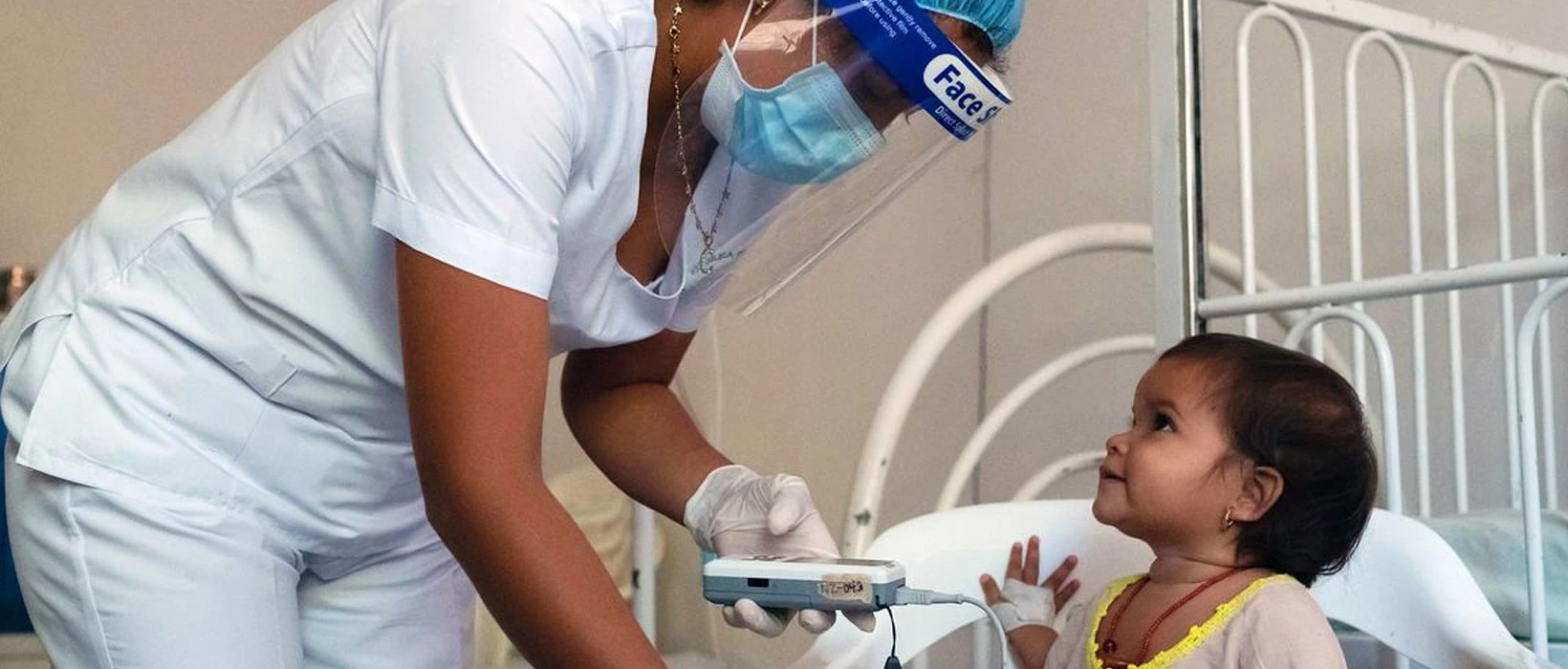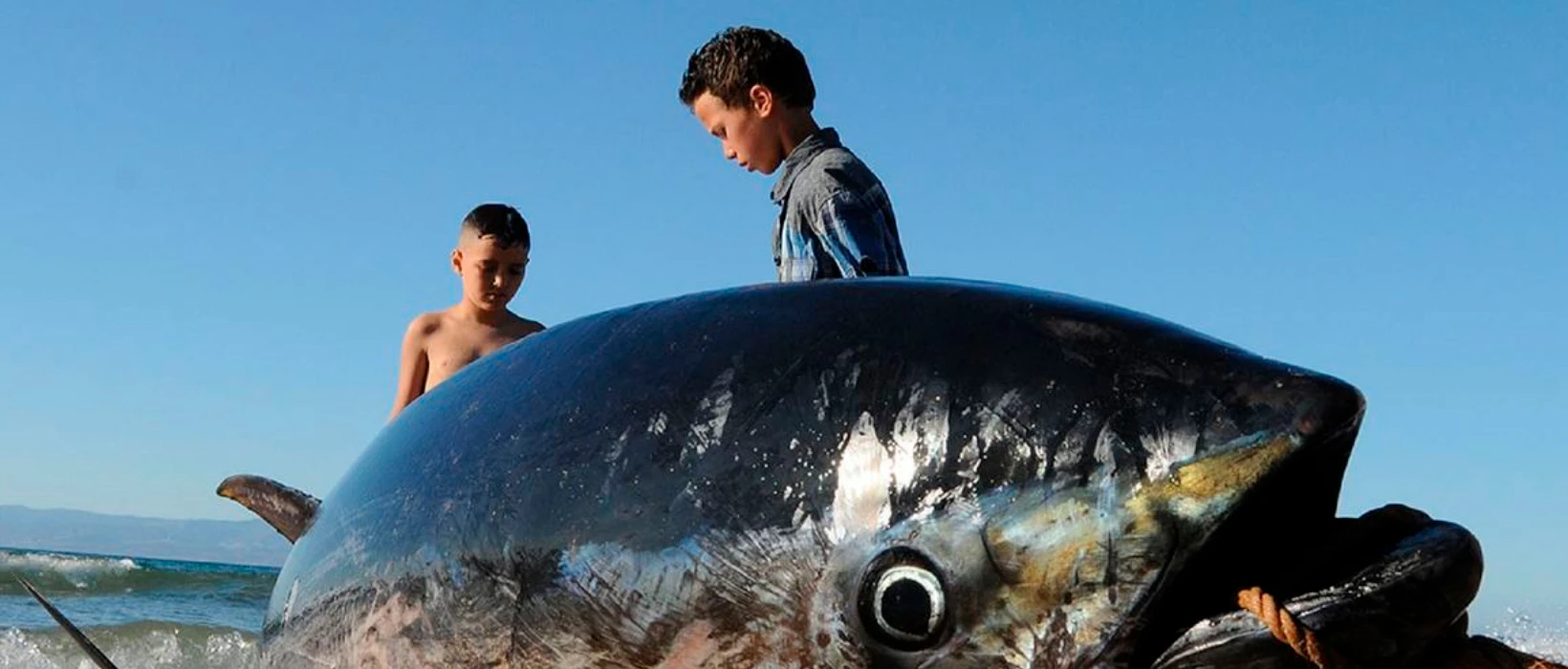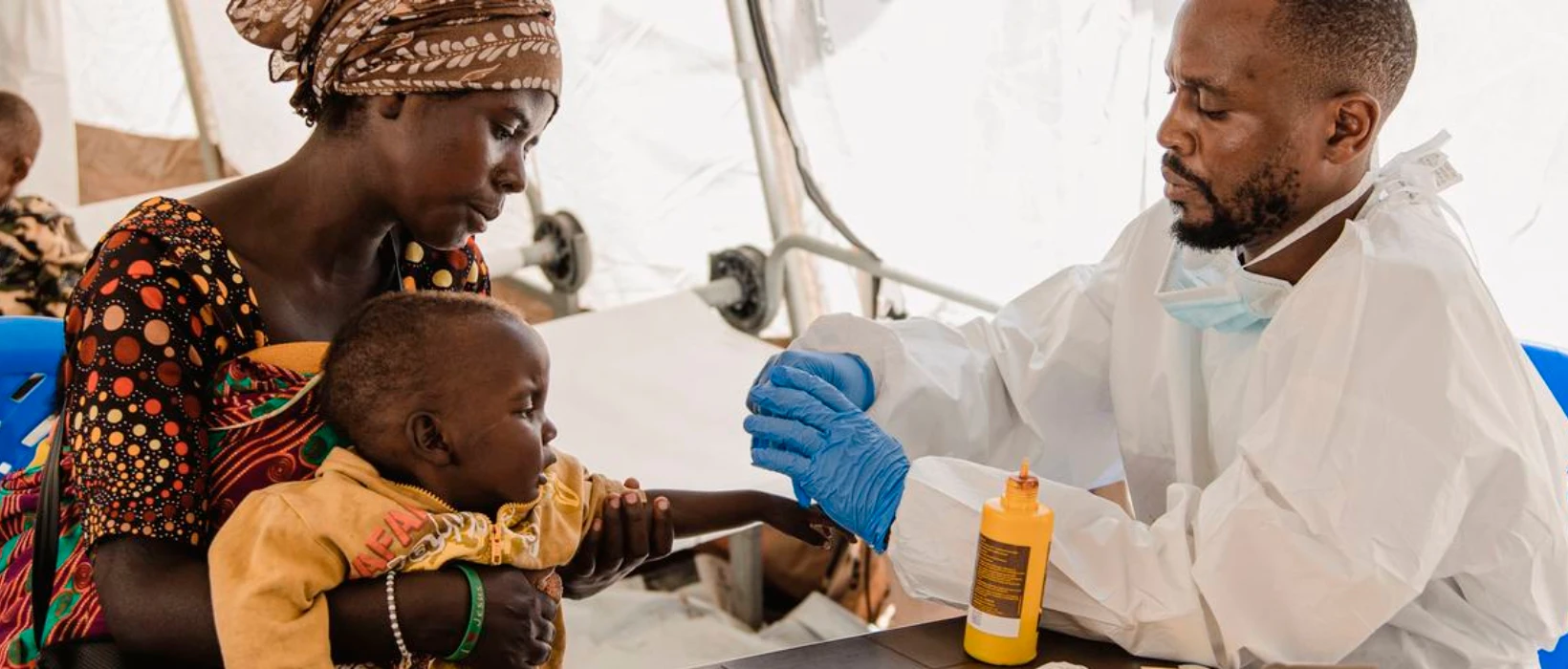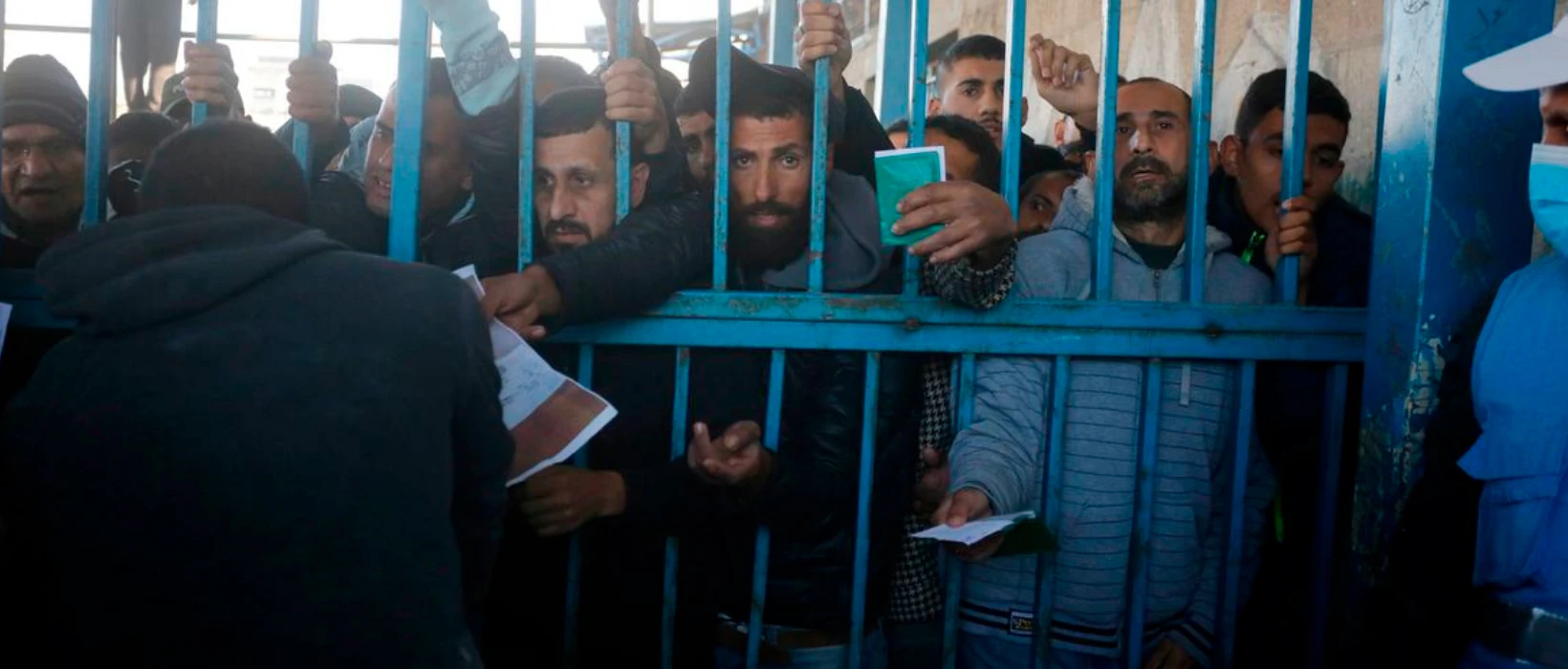The photo of a weakened Yanomami girl in a hammock in the Maimasi community, a region that is difficult to access in the Amazon rainforest in Roraima, shows the lack of assistance to indigenous people living in the Yanomami Indigenous Land, the largest in the country, according to missionary Carlo Zacquini, responsible for the dissemination of the image. In his assessment, the situation portrays the abandonment in the villages.
The registration was made on April 17th and sent to Zacquini. He does not reveal who caught the scene to avoid reprisals against the author of the photo, but says that the girl is between 7 and 8 years old and had been diagnosed with malaria, pneumonia, worms and malnutrition. The image was published on the cover of the printed edition of "Folha de S. Paulo" this Monday (10th).
"I have been confiding about the situation in the Yanomami Land for a few months, but no one is willing to speak out of fear."
"These villages are abandoned. All of them without assistance. There are no teams. The team is lacking in people. There are health posts that have been closed for months in Terra Yanomami", which has been operating since 1968 providing assistance to the Yanomami.
The largest indigenous reserve in Brazil, Terra Yanomami is located between the states of Roraima and Amazonas, and much of the border with Venezuela. More than 26,700 Indians - including isolated groups - inhabit the region in about 360 villages.
The missionary also reports that there is a lack of medicines and difficulties in obtaining them.
"This situation of lack of medicine was reported to me by several people from various Yanomami areas, it is not something unique in this place. It is difficult to obtain medicines. They even said that there was no stock for worms at Sesai, in Boa Vista. chloroquine, a remedy for malaria, was counted. Restricted use was recommended. I mean, for other things they have it, for that, no. Of course, the Ministry of Health says that things are wonderful, that everything is fine, "he said.
Sought for by the report, the Yanomami Indigenous Special Sanitary District (Dsei-Y), responsible for health care, denied that there is a lack of medication and informed that "there is a sufficient quantity of medication to supply the demands in all Base Poles and that, in In cases of malaria outbreak, extra drugs are always sent to compose the stock. "
The Ministry of Health, through Sesai, reported that the girl was removed to Boa Vista on April 23 - five days after the photo was taken, by air transport. She is admitted to the Hospital da Criança Santo Antônio, in the capital Boa Vista.
"The child is undergoing treatment and his state of health is stable. The family is also accompanied by the health team at the Casa de Apoio à Saúde Indígena (CASAI) Yanomami", informed the Ministry.
The Maimasi community is in the region of the Catrimani Mission, in the Caracaraí region, in the south of Roraima. About 800 indigenous people inhabit the area.
Yanomami leader Dário Kopenawa Yanomami, vice president of the Hutukara Yanomami Association (HAY), said that there is currently an outbreak of malaria in the region, which implies other diseases, such as malnutrition.
"The fight against malaria is hampered by the lack of health professionals. This photo of our 'relative' [Yanomami] that is circulating shows our venerability. The federal government is not concerned with the problems we face today," he summarized.
Dário attributes to the mining the advance of malaria and others in the region. Since last year, indigenous people have reported an increase in Covid-19 infections within the Yanomami Land and illegal mining, which causes devastation to the forest - in the year of the pandemic, degradation increased by 30%.
"In the Yanomami Land we have vectors that have affected the life of the Yanomami: the prospectors, who transmit malaria, because they cause environmental damage, leave the tracks in which the malaria mosquito, the carapanã, reproduces and there is the transmission, causing the outbreak on the Yanomami Earth. They also carry the coronavirus. They pollute our rivers with mercury and our people get sick. "
The chairman of the Yanomami and Ye'kuanna (Condisi-YY) Indigenous Health Council, Junior Yanomami, said that data shows an increase in malaria, malnutrition and other diseases. The reports, however, could not be released because he had to travel to the Palimiu community, where an armed conflict occurred.
Source: https://g1.globo.com
Missionary releases photo of weakened Yanomami child in a network to expose lack of assistance to indigenous people: 'abandoned villages'
10/05/2021

